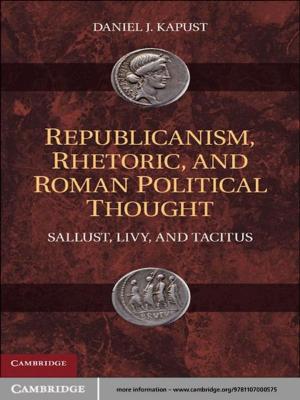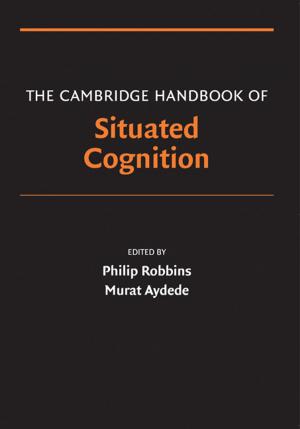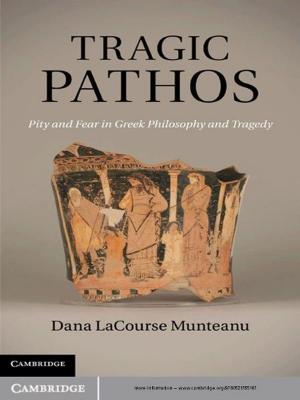| Author: | B. J. Sokol | ISBN: | 9780511737107 |
| Publisher: | Cambridge University Press | Publication: | December 18, 2008 |
| Imprint: | Cambridge University Press | Language: | English |
| Author: | B. J. Sokol |
| ISBN: | 9780511737107 |
| Publisher: | Cambridge University Press |
| Publication: | December 18, 2008 |
| Imprint: | Cambridge University Press |
| Language: | English |
Shakespeare's remarkable ability to detect and express important new currents and moods in his culture often led him to dramatise human interactions based on the presence or absence of tolerance. Differences of religion, gender, nationality and what is now called 'race' are important in most of Shakespeare's plays, and varied ways of bridging these differences by means of sympathy and understanding are often depicted. The full development of a tolerant society is still incomplete, and this study demonstrates how the perceptions Shakespeare showed in relation to its earlier development are still instructive and valuable today. Many recent studies of Shakespeare's work have focused on reflections of the oppression or containment of minority, deviant or non-dominant groups or outlooks. This book reverses that trend and examines how Shakespeare was fascinated by the desires that underlie tolerance, including religion, race and sexuality, through close analysis of many Shakespearian plays, passages and themes.
Shakespeare's remarkable ability to detect and express important new currents and moods in his culture often led him to dramatise human interactions based on the presence or absence of tolerance. Differences of religion, gender, nationality and what is now called 'race' are important in most of Shakespeare's plays, and varied ways of bridging these differences by means of sympathy and understanding are often depicted. The full development of a tolerant society is still incomplete, and this study demonstrates how the perceptions Shakespeare showed in relation to its earlier development are still instructive and valuable today. Many recent studies of Shakespeare's work have focused on reflections of the oppression or containment of minority, deviant or non-dominant groups or outlooks. This book reverses that trend and examines how Shakespeare was fascinated by the desires that underlie tolerance, including religion, race and sexuality, through close analysis of many Shakespearian plays, passages and themes.















